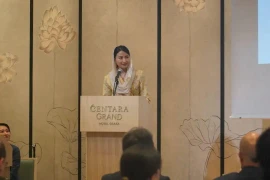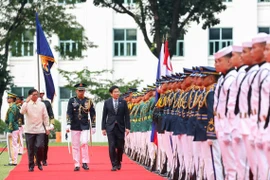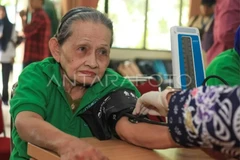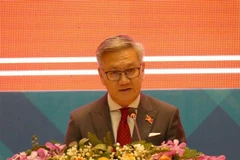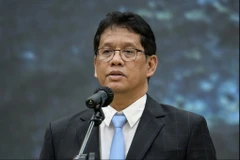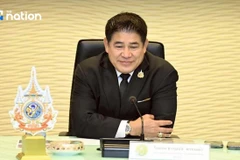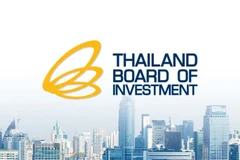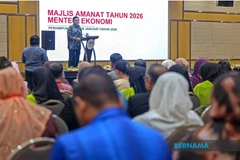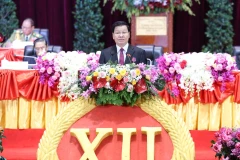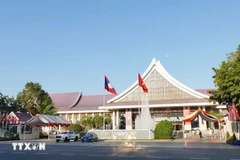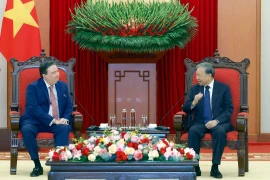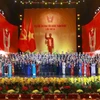Singapore (VNA) – Singapore and Indonesia held the 15th Six Bilateral Economic Working Groups Ministerial Meeting (6WG MM) to evaluate progress in cooperation across six strategic sectors on June 15.
Singapore’s Deputy Prime Minister and Minister for Trade and Industry Gan Kim Yong and Indonesia’s Coordinating Minister for Economic Affairs Airlangga Hartarto co-chaired the meeting.
The 6WG is an economic platform between Singapore and Indonesia to advance economic cooperation in the Batam, Bintan and Karimun (BBK) region and other special economic zones, investments, manpower, transport, agribusiness and tourism.
The two ministers discussed deepening collaboration on businesses and investment opportunities in both countries, including in industrial infrastructure, healthcare and the green economy. Growing investor interest in the BBK region was welcomed, along with the progress in human capital development.
Initiatives to advance agritech collaborations and new trading opportunities for Indonesia and Singapore businesses were also reviewed. Both ministers reaffirmed the commitment to deepen business connectivity between the two countries.
Two commercial arrangements were also inked during the 6WG meeting. The first was between Sembcorp Industries and Batamraya Sukses Perkasa, a subsidiary of property developer Panbil Group.
The two companies signed a letter affirming their commitment to collaborate on low-carbon industrial parks in the BBK region. Sembcorp and Panbil are jointly developing the 100-hectare Tembesi Innovation District, which aims to attract sustainability-focused and high-value tenants, and will generate 20,000 jobs when it is fully developed.
A memorandum of understanding was inked between the Singapore Semiconductor Industry Association and the Indonesia Chamber of Commerce and Industry. The two associations will partner to expand market access via enhanced collaboration between semiconductor and electronics companies in Singapore and Indonesia.
Bilateral trade between Singapore and Indonesia has grown over the past few years, reaching 57.6 billion USD in 2024. Indonesia ranks among Singapore’s largest trading partners, and Singapore has been the top source of Indonesia’s foreign direct investment since 2014, with more than 20.1 billion USD in 2024./.

